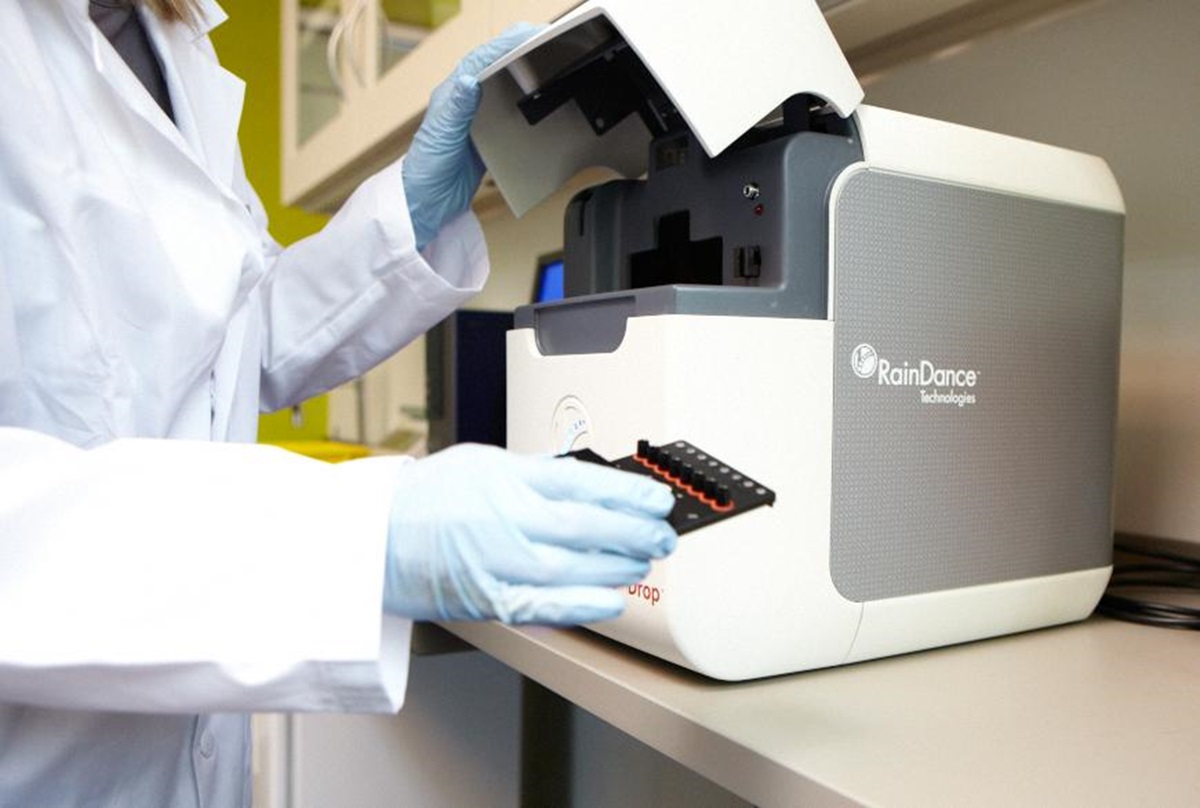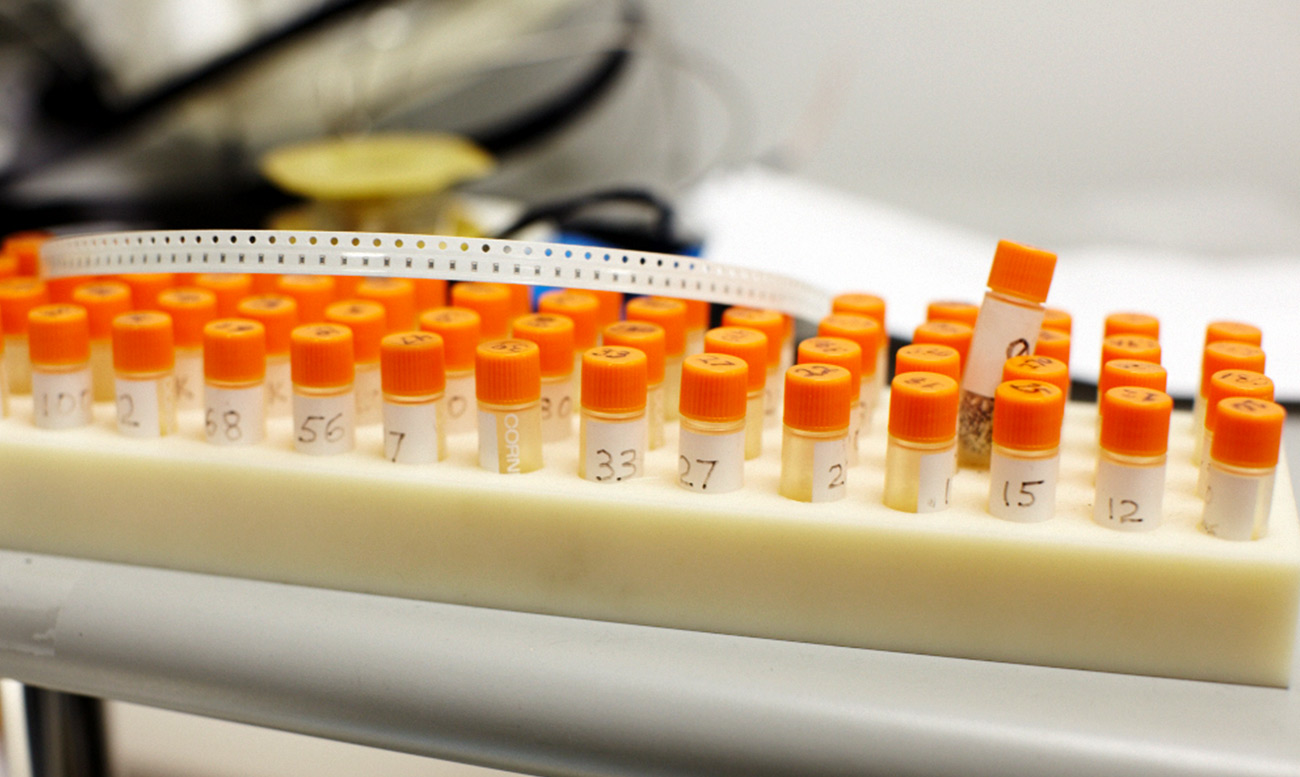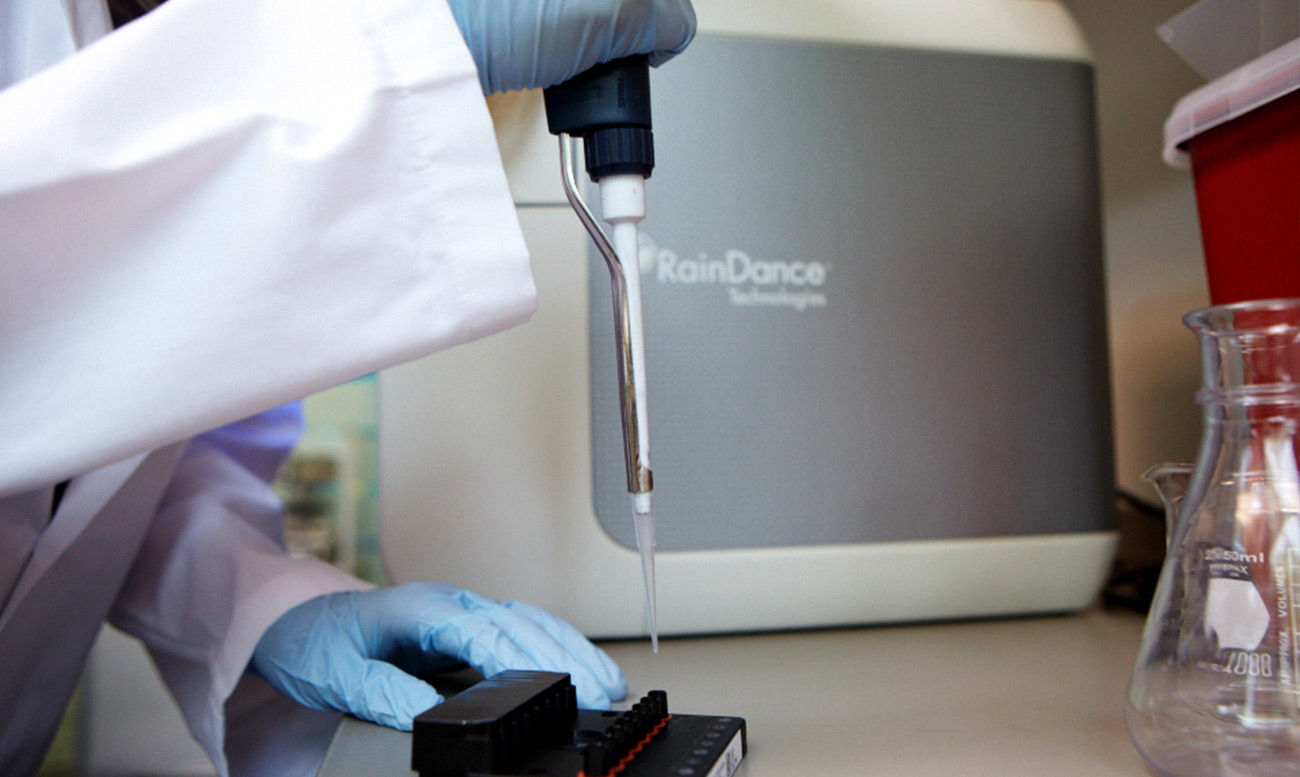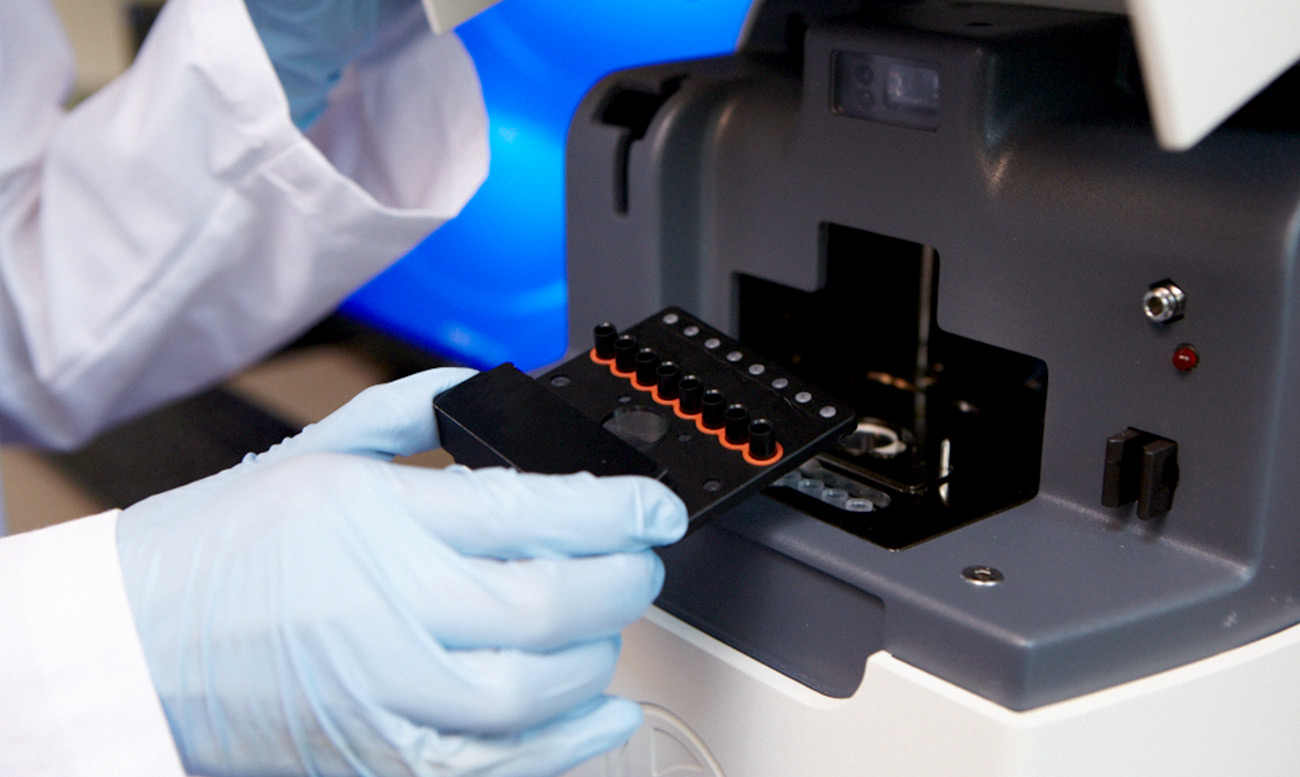Challenge
RainDance: RainDropDigital PCR System

PROJECT
CLIENT
SERVICES
- CX+
- Engineering
INDUSTRY
- Life Sciences & Healthcare
The RainDrop™ Digital PCR System detects minute amounts of mutated DNA within a single blood sample, providing the potential for much earlier detection of tumors throughout the body.
Research institutions around the world use the RainDrop Digital PCR Device to advance scientific understanding of cancer and the search for a possible cure.
Since the 1980s, molecular biologists and researchers have used a technology called Polymerase Chain Reaction (PCR) to perform a variety of genetic tests, including analysis of biopsies to test for cancer.
The sensitivity of these tests is limited. Conventional PCR detects mutant-to-normal DNA in ratios of approximately 1/1000, while a single human tissue sample contains millions of DNA strands.
The next generation of this technology—called digital PCR—offers more precise mutation detection by breaking each DNA sample into minute droplets, which are then analyzed individually. In 2011, RainDance Technologies approached Continuum with a picodroplet platform that could enable researchers to perform a highly sensitive form of digital PCR. Early in the program, RainDance had demonstrated the fundamentals of the technology using experimental techniques in the lab. The next objective: Bring this technology to market as a cost-effective, easy-to-use bench-top system.
Awards
-
Core 77: Professional Notable Award
-
The Scientist: Top Ten Innovation
Solution
Together, Continuum and RainDance Technologies developed the RainDrop™ Digital PCR System—the most sensitive bench-top bio-detector on the market today. A breakthrough in cancer research, this technology can detect multiple mutations within a single DNA sample, providing great insight into the mutations associated with the disease.
10M
THE PROJECT TEAM DREW UPON AN AEROSPACE TECHNIQUE FOR ROUTING OIL IN AIRCRAFT ENGINES, TO DEVELOP A DEVICE THAT COULD BREAK DOWN A SINGLE DROP OF HUMAN BLOOD INTO 10 MILLION MICROSCOPIC DROPLETS.
Each droplet contains a single DNA strand, which is then examined individually for mutations using a laser-based detector.
Results
Research institutions around the world use the RainDrop System to advance scientific understanding of cancer and search for a possible cure. To date, RainDance has shipped over 100 RainDrop instruments.
The RainDrop device has the potential to help on the clinical side of the fight against cancer as well, though it has not yet been approved for medical use. Digital PCR could deliver on the promise of a “liquid biopsy”—meaning that doctors could test for the existence of cancer cells anywhere in the body with only a blood sample, as opposed to extracting a tissue sample from a suspected tumor. There is hope that, in the future, doctors will use this highly sensitive, minimally invasive digital PCR technology to monitor cancer therapy. It may also offer the possibility of early cancer detection, if applied as a tool for pre-emptive screening.





